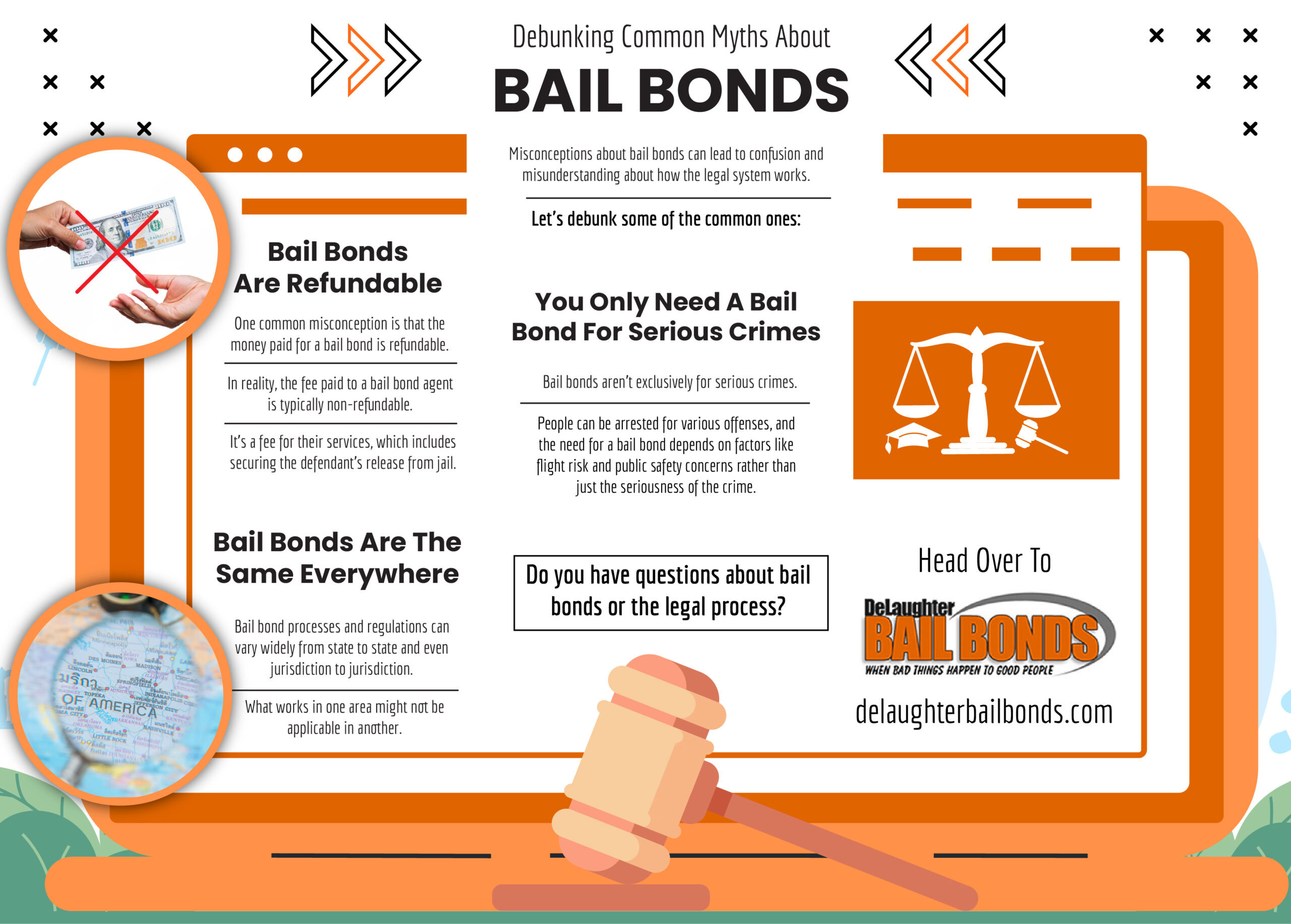When an arrest happens, the defendant may have the option to get released from jail through the bail process. Bail serves as a financial security, meaning the defendant will return for their scheduled hearings.
However, what happens when a defendant fails to appear for all court hearings? Let’s learn about bail bond forfeiture and the potential consequences that follow.
Understanding Bail Bond Forfeiture
Bail bond forfeiture occurs when a defendant, who has been released from custody with the assistance of a bail bond, does not appear for scheduled hearings. In such cases, the court considers the bond forfeited, which means the defendant and the person who posted the bond (usually a bail bondsman) are now legally obligated to fulfill the financial terms of the bond.
Consequences of Bail Bond Forfeiture
Loss of Bond Amount: When a defendant fails to appear in court, the court typically orders the forfeiture of the bail bond. This means that the full bail amount, which was secured by the bond, becomes due. For example, if the bail amount is $10,000, the court will demand the full $10,000 from the bond’s co-signer or the company.
Issuance of Bench Warrant: In addition to bail bond forfeiture, a judge will often issue a bench warrant for the defendant’s arrest. This means that law enforcement is authorized to apprehend the defendant and bring them to court.
Additional Charges: In case of a defendant not showing up in court, such as “failure to appear” or “bail jumping,” they may face additional criminal charges. These charges can lead to further legal complications and penalties.
Collateral Seizure: If a defendant or their family used collateral (such as property or valuable assets) for the bond, the court may seize this collateral to cover the forfeited bond amount.
Negative Impact on Co-Signer: For the person who co-signed the bail bond or the bail bondsman, bail bond forfeiture can be financially burdensome. They are responsible for the bond amount, which can be a significant sum.

Preventing Bail Bond Forfeiture
To avoid the serious consequences of bail bond forfeiture, it’s essential for defendants to fulfill their legal obligations by appearing in court whenever required. Additionally, defendants and their co-signers should maintain open communication with their attorney and the bail bondsman.
Bail bond forfeiture can have far-reaching consequences for defendants and their co-signers. It’s crucial for individuals released on bail to understand their legal responsibilities and appear for court hearings. Failing to do so can result in financial hardships, legal complications, and additional charges.
If you or a loved one is facing a bail bond forfeiture situation, it’s advisable to seek legal counsel to explore potential remedies and options for resolving the matter.
Contact DeLaughter Bail Bonds in Indiana today!














